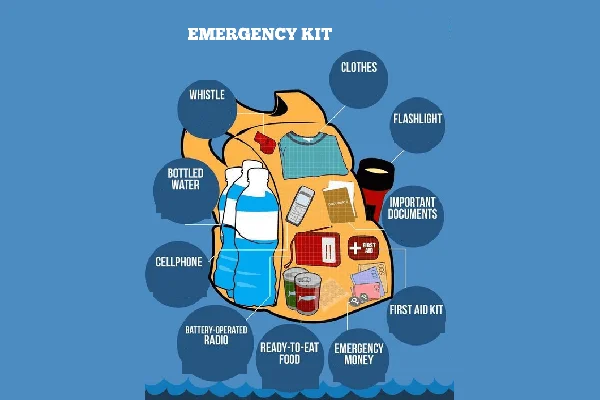Alright, folks, buckle up! Because what’s happening in the world of water damage restoration isn’t just about fixing leaks anymore—it’s a full-blown tech revolution, and I, for one, am absolutely buzzing with excitement. I mean, think about it: water damage. It sounds so… mundane, right? But the solutions being developed are anything but. We’re talking about a complete paradigm shift in how we protect our homes, our businesses, and our communities.
From Buckets to Bytes: The Dawn of Proactive Protection
Remember the old days? A pipe bursts, you frantically call a plumber, they show up hours later (maybe), and then you spend days mopping, airing things out, and praying mold doesn't set in. It was a reactive nightmare. But what if you could see the leak before it even started gushing? What if you could deploy targeted drying tech with pinpoint precision?
That's the promise of this new wave of restoration tech, and it's already here.
Companies are now boasting enhanced emergency response capabilities, which is fantastic, but the real story lies in the technology fueling this responsiveness. We're talking thermal imaging that detects hidden moisture, industrial-grade dehumidification systems that suck the water right out of the walls, and even antimicrobial treatments that stop mold in its tracks. It’s like something out of a sci-fi movie, honestly!
And it's not just about the tech itself, it’s about the data. Restoration companies are now using digital moisture mapping, photographic documentation, and real-time monitoring systems. Imagine getting a complete, transparent record of the restoration process, knowing exactly what’s being done and why. This isn't just restoration; it's restoration with accountability.
This proactive approach isn't just about convenience; it's about preventing long-term damage. We’re talking about avoiding structural deterioration, mold infestations, and indoor air quality problems that can linger for years after a seemingly minor incident. What if we could use this tech to predict and prevent infrastructure failures, too? To identify vulnerabilities in our aging water systems before they turn into full-blown crises?

It's not just homes, either. Think about businesses, hospitals, schools – any place where water damage can disrupt lives and livelihoods. The ability to respond quickly and effectively is a game-changer. Water Damage Incidents Highlight Growing Need for Professional Restoration Services as Local Company Announces Enhanced Emergency Response Capabilities
This reminds me of the early days of the internet. Remember when people thought it was just a fad? Now, imagine someone saying, "Yeah, this internet thing is kinda neat, but I don't see it changing everything." Absurd, right? That's where we are with restoration tech. It's not just about fixing problems; it's about fundamentally changing how we interact with our environment.
Even legal battles surrounding aging levee systems and environmental lawsuits aimed at protecting flood control infrastructure are driving innovation. It’s like the pressure of these challenges is forging a stronger, more resilient future for us all.
Now, let’s be honest. With all this tech, there are ethical considerations. Who has access to these advanced tools? How do we ensure that this technology benefits everyone, not just the wealthy few? How do we balance the use of data with privacy concerns? These are important questions we need to address as this revolution unfolds.
But the excitement is justified. I stumbled across a comment on a Reddit thread the other day that perfectly encapsulates this feeling: "Finally, a way to fight back against the silent destroyer of homes! No more guessing games with moisture – bring on the tech!" See? People are ready for this.
A Glimpse of a Drier Future
This isn't just about fixing leaks; it's about building a more resilient world. A world where water damage is detected early, addressed efficiently, and prevented proactively. A world where technology empowers us to protect our homes, our businesses, and our communities from the devastating effects of water. That's a future worth getting excited about.
